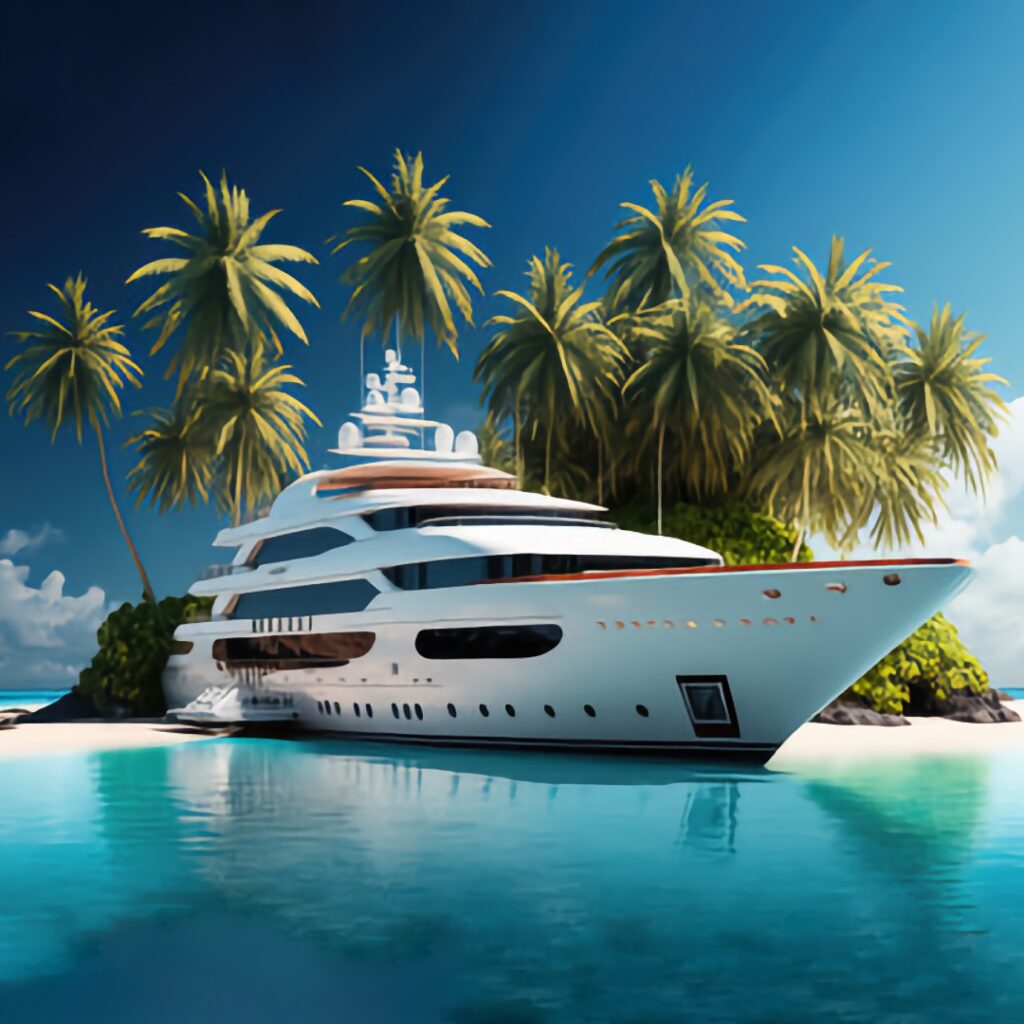Boating, particularly luxury boating, is at an interesting crossroads in its history. As the entire world cries out for a more sustainable and green future, the marine industry faces significant challenges, including adapting to technological innovations that are often costly and far out of date.
Technology challenges: Innovating takes time and resources
New technologies are one of the main ways to make the marine industry more eco-friendly. From the use of alternative fuels to the introduction of more sustainable materials, the possibilities are numerous. However, these solutions are neither immediate nor inexpensive. The transition to green technologies requires substantial investment and an adaptation time that can take years, if not decades. And this puts boatbuilders in a delicate position: how do we reconcile the urgency to act for the environment with the need to remain competitive in the marketplace?
The inevitable trade-off: carbon offsetting
As technological solutions continue to evolve, carbon offsetting emerges as a necessary trade-off, particularly to address “hard to abate” emissions. These emissions, which are difficult to eliminate completely with current technologies, can be offset through the purchase of carbon credits. These credits represent a precise amount of CO2 removed or avoided from the atmosphere, such as through reforestation or clean energy projects.
For boating, offsetting offers an immediate solution to reduce its environmental impact. Boats already produced or in production can benefit from this strategy, enabling shipyards and boat owners to respond effectively to customer demands for sustainability.
A new product, a new source of income
In addition to the environmental benefits, carbon offsetting can also represent a new business opportunity for the marine industry. Carbon credits can be bought and resold, creating a new source of income. In addition, offering high-quality carbon offsetting solutions can be an important point of differentiation in the market, attract an increasingly environmentally aware and sensitive customer base, and consolidate the brand’s reputation in the international arena.
Conclusion
Boating, like many other sectors, faces significant challenges on its path to a more sustainable future. Technological innovations, while essential, take time and resources. Carbon offsetting, with its immediate benefits and potential economic opportunities, represents an inevitable trade-off and a practical solution to address “hard to abate” emissions. With the right strategy and a long-term vision, the marine industry can not only meet environmental needs but also chart a course toward a prosperous, green future.



